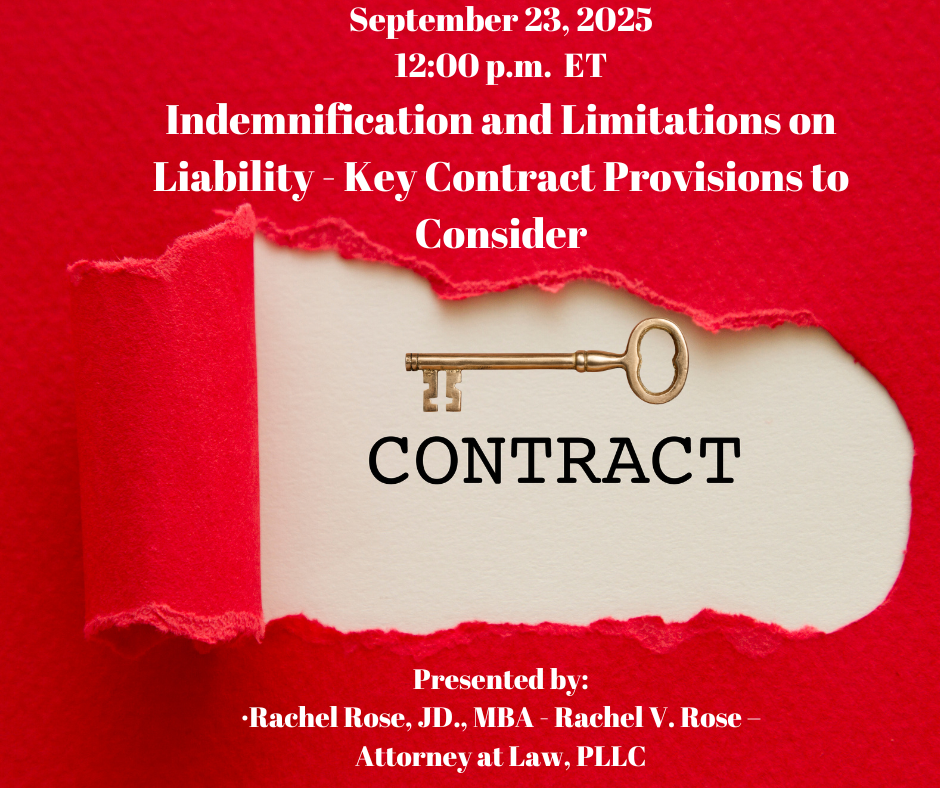
Exciting new series on “Voice, Body and Movement for Lawyers – How to connect with the jury and find Justice Through Dramatic Technique!”
Click here to find out more
This program equips attorneys with actionable strategies for effectively implementing generative AI tools in legal practice while maintaining ethical standards.
Participants will learn to:
• Identify high-value AI applications across practice areas including litigation, e-discovery, and personal injury
• Select appropriate legal AI platforms based on specific practice needs
• Develop effective prompting techniques for legal research, document analysis, and drafting
• Implement protocols that preserve client confidentiality and attorney-client privilege when using AI tools
• Establish ethical compliance frameworks aligned with ABA Model Rules 1.1 (Competence), 1.6 (Cntiality), 5.1 and 5.3 (Supervision), and 5.5 (Unauthorized Practice of Law). Through practical examples and a structured implementation roadmap, attorneys will gain the knowledge needed to leverage AI as a powerful assistant while maintaining professional judgment and responsibility.

With the alarming prevalence of substance use and mental health disorders in the legal profession, i...

This program will cover the sources from which practitioners can gather documents, witnesses, and ot...

As lawyers, time is our most finite resource. We have duties to our clients to ensure that their mat...

This program will cover how to prepare an effective letter tendering defense and indemnity of an add...

Permission to Pivot: Ethics, Well-Being, and Redefining Your Legal Career examines the intersection ...

Financial crimes continue to proliferate, on a global basis. Criminals need to find ways to “l...

Designed for beginning estate planning attorneys, this comprehensive course provides a practical fou...

Essential Updates! The faculty will discuss when and how secured and unsecured loan transactions may...

Two pivotal contractual provisions are indemnification and limitations on liability. Yet, these two ...

This Continuing Legal Education presentation covers electronic discovery and the related ethical dut...